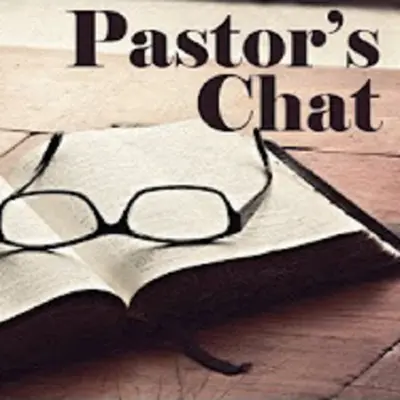I think it is interesting that thischapter begins with a question by the priests, the scribes, and the elders.They asked Jesus by what authority did He cleanse the Temple and was teachingthe people. Then the chapter ends in these last verses with Jesus asking them aquestion.
Whilethe priests, scribes, and elders were still gathered together, Jesus asked thema final question: "What do you think about the Christ? Whose Son isHe?" (Matt. 22:41-42, NKJV) This is the key question for everygeneration and each individual, for our salvation and eternal destiny aredependent on what we think about Christ and how we answer this question. (1John 2:21-25; 4:1-6; 5:1).
Ofcourse, these religious leaders knew the expected reply: The Christ, theMessiah is "The Son of David." They based this on such verses as 2Samuel 7:13-14; Isaiah 11:1; and Jeremiah 23:5. God had ordained that theMessiah should come from the family of David and be born in David's city,Bethlehem (Micah 5:2).
Jesusthen referred them to Psalm 110, which is quoted in the New Testament more thanany other psalm. The Jewish religious leaders in that day identified Psalm 110as a prophetic psalm and said that David was speaking of the Messiah. But ifthe Messiah is David's Lord, how can He be David's son? The only explanation isthat Messiah must be both God and man. As eternal God, Messiah is David's Lord,but as man, He is David's son (Romans 1:3; 9:4-5; Acts 2:32-36; 13:22-23).
OnPalm Sunday, the multitudes had acclaimed Jesus as the Son of David, and He hadnot rebuked them (Matt. 21:9; Mark 11:10). By applying Psalm 110:1 to Himself,Jesus claimed to be Israel's promised Messiah, the Son of God. Then why did thePharisees not believe in Him? Because their minds were made up, their heartswere hardened, and their eyes were blind (John 12:37-50). They did not have thecourage to confess the truth, and they persecuted those who did affirm faith inJesus Christ. And it was out of envy and jealousy that they delivered Jesus upto Pilate to be crucified (Matthew 27:18; Mark 15:10). Christ's questionsilenced His enemies (Matthew 22:46) and ended their public challenges, butthey would not admit defeat.
Inthe last verses, 45-47, Jesus warned the people about the hypocrisy anddishonesty of the scribes and Pharisees (see Matthew 23). Men see the outside,but God sees the heart (1 Samuel 16:7; Hebrews 4:12). These religious leadersdid not desire personal holiness; they wanted public recognition. Therefore,they wore special garments, expected special titles and greetings, and lookedfor special seats at public gatherings.
Thereis a double tragedy here. First of all, their deliberate hypocrisy was only acover-up that enabled them to fool people and exploit them. Of all rackets,religious rackets are the worst. The religious leaders had turned the temple ofGod into a den of thieves and religious devotion into playacting. The generalpublic actually thought that their leaders were godly men, when in reality theywere defiling and destroying souls (Matt. 23:13-36).
Thesecond tragedy is that they rejected their own Messiah and voted to crucifyHim. They led the nation into ruin because they would not admit their sins andconfess Jesus Christ. Keep in mind that these men were "experts" inthe Bible, yet they did not apply its truths to their own lives. Their religionwas a matter of external observance, not internal transformation. How sad it isthat we see so much the same in many of our churches and religious institutionstoday.
Atthis point, according to Matthew (Matthew 23:37-39), Jesus once again uttered alamentation over the blind unbelief of the nation and their unwillingness totrust in Him. He had given them many opportunities, but they had wasted them.Now it was too late.
Andone day it will be too late for us if we don’t repent!
